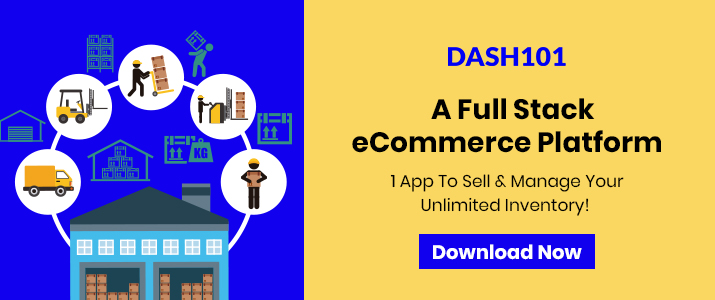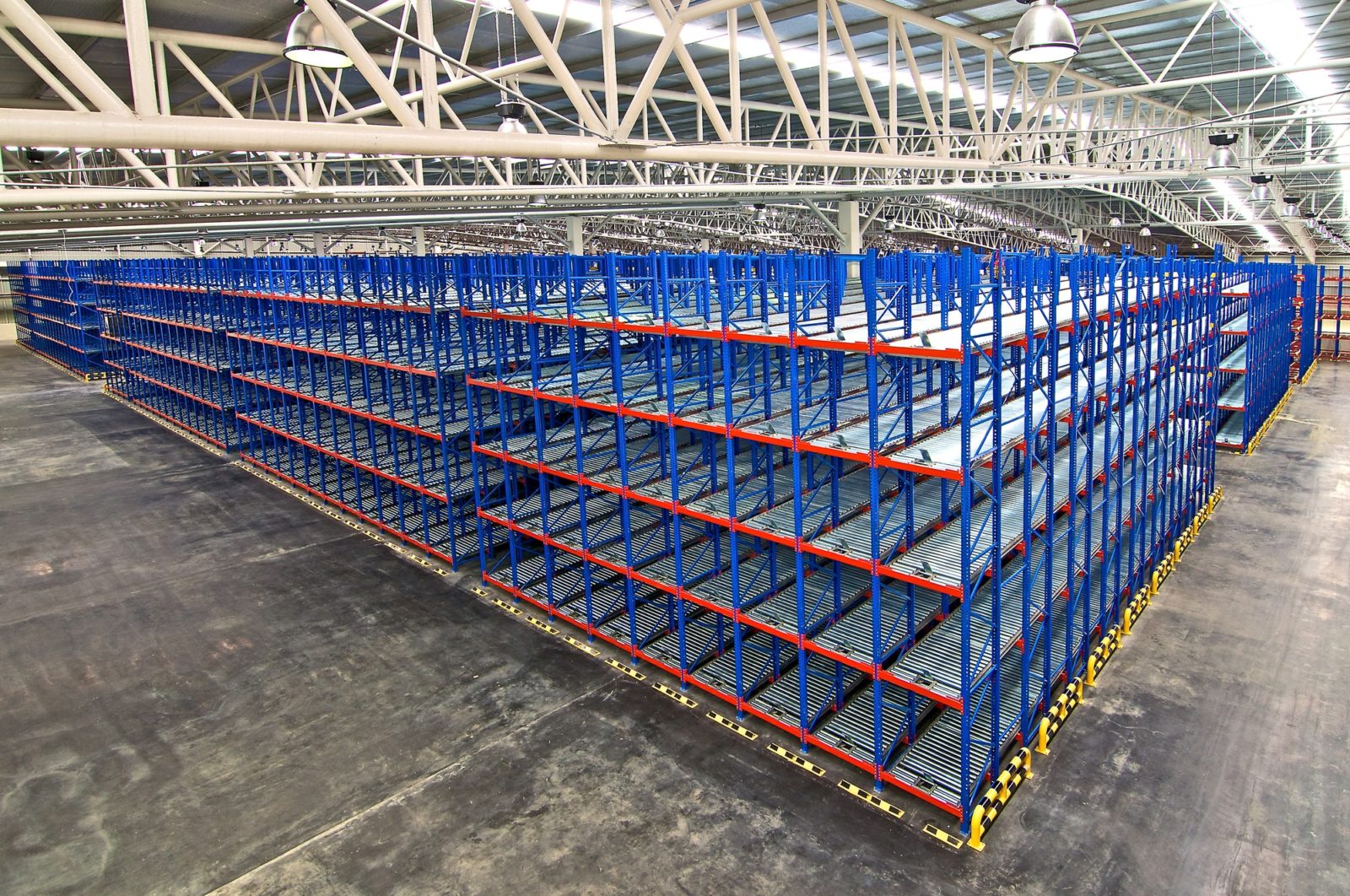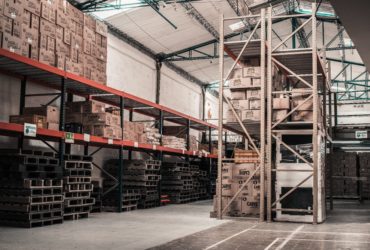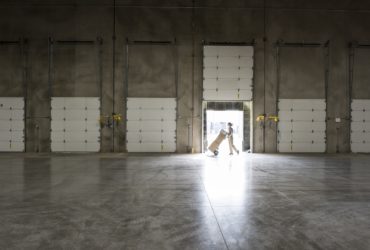With the rise in ecommerce businesses all over the world, the need for warehouses has emerged. If you are selling physical products online, warehousing becomes an important part of your business. You might be fulfilling orders from your home, where your room becomes your warehouse. Similarly, if you have hired a separate facility for storing your products, that becomes your warehouse. Alternatively, there are different types of warehouses depending on what kind of products you are selling.
Warehousing has a deep impact on your business. It is responsible for ensuring the quality of your inventory. For example, if you store food items in your warehouse, you need to have a particular environment in your warehouse so that your products are not easily damaged or perish. Moreover, there are multiple factors that you need to make sure of while choosing a particular warehouse.
So, if you are wondering what precautions you need to take in your warehouse to store the right kind of products, you’re at the right place. Read on to find out more about the types of warehouses.
The Need for Different Types of Warehouses
There are different types of warehouses, each build to satisfy a specific need. For example, if you sell apparels and food items, you have to understand that these have different requirements for storage. While apparels will need a pest free ordinary storage facility, food items will require special temperate control and other requirements.
If you do not take care of these factors and store all your products under one roof, chances are that your goods will suffer. Some of your goods will perish while others will just utilize more resources than they actually need. And this is why you need to be careful with different types of warehouses.
The type of warehouse you choose has a special impact on order fulfillment. And therefore, have the potential to impact customer relationships directly. Imagine what happens if you send your customers a piece of inventory that is rotten? You not only end up completely destroying the experience of the customer but also dig a grave for your business. Due to disrupted experience of the customer, your reputation will suffer and you will end up with no customers to sell. To avoid such situations, special location and environmental conditions are maintained in the warehouse. And this is what differentiates the types of warehouses.
Moreover, with the onset of the festive season, you need to gear up with your inventory. Demands must have been already pouring in, and if you don’t work in your storage facility or warehouse, there is no way you can cater to all of them. Warehousing thus becomes a fundamental part of any ecommerce business.
Therefore, depending on your location requirements and other factors, you need to choose the right types of warehouses for your business. And these can be multiple, if you are catering to the needs of a broad region or selling different types of products.

Types of Warehouses You Might Need for Your Business
Now that you know why you need warehousing for your business, let’s take a look at the different kinds of warehouses. Make sure you understand these well-enough before making a decision.
Private Warehouses
These types of warehouses are also known as proprietary warehouses. Like their name suggests, they are owned by large private entities to fulfill their business needs. Private warehouses require a huge capital investment, which is why they are owned by well-established companies. For example, large retail corporations, manufacturers, wholesalers or marketplace owners are some of the market titans that own this type of warehouse.
Private warehouses are a home to the privately purchased merchandise of a business. For example, many big marketplaces purchase inventory in bulk and store them in their warehouse to serve the peak season. In this way, they can distribute the inventory evenly as per their needs and make a plan that serves all of their customers. The biggest advantage of private warehouses is that they help in the systematic distribution of the order. And if you are planning long term goals, there is nothing like them.
While private warehouses are not such a great option for small business owners, nothing beats them if you are planning rapid expansion. This is because they demand an initial investment, which is fairly difficult for small business owners. However, if you are catering to the demands of a particular region and receiving plenty of orders on a regular basis, private warehouses must be worth the try.
Public Warehouses
These types of warehouses are the opposite of private warehouses. While private warehouses are owned by private entities, public warehouses are owned by government bodies. For example, there are several government and semi-government bodies that have large storage spaces. These organizations then give away their storage space on lease to any sellers who might be interested. Therefore, companies that have just set foot in the market or do not want to invest in a private warehouse can avail this type of opportunity.
While public warehouses are suitable for short term needs, they end up costing more in the long run. On the other hand, they are good to manage the surplus of goods at the moment. For example, if you need a space to store all your goods at one place, and then take them to different regions for better distribution, public warehouses are for you! They can help you cut down on your short term storage costs and provide a cost effective solution to store your inventory.
Distribution Centers
Another types of warehouses that are fairly popular in eCommerce are distribution centers. Distribution centers are that type of warehouses that are not designed for long term storage of goods. Instead they focus on the rapid movement of goods from one area to the other. Most ecommerce businesses do not own a distribution center. Whereas third party logistics services or inventory services provide the facility of a distribution centre.
Therefore, in a distribution center the goods are procured by a large number of ecommerce suppliers. As a result of this, they are fairly larger than ordinary warehouses. The idea behind distribution centers is that the goods don’t have to be stored for long. They have to be brought to the distribution centre to be taken out for delivery as soon as possible.
So, for example if you are receiving multiple orders from bangalore and your warehouse is located in Delhi, you could leverage a distribution center. In other words, instead of directly shipping your orders from Delhi, you can send some art of your inventory to a distribution center in Bangalore, which then ships the order to the customers. But, this idea only works if you are sure that you will receive a certain number of orders from the region in a given time period.
Distribution centers are an important part of supply chain management in ecommerce. They offer fast movement of goods. For goods such as food, the storage time in a distribution centre is as little as a day. They help in reduced delivery duration and costs for ecommerce businesses.
Bonded Warehouses
Bonded warehouses are the types of warehouses that are run by large private or government authorities. And in the majority of cases, they make sense for sellers who are dealing with international shipments. In other words, sellers use bonded warehouses to store imported goods. This is before any custom duties are levied on them. Moreover, the companies that are storing their goods in these warehouses do not pay any kind of duties or charges until the inventory is finally cleared from the bonded warehouse.
For sellers in the import business, bonded warehouses are an excellent option. They don’t have to pay any additional charges and can keep their goods duty free in bonded warehouses. Additionally, bonded warehouses are also a government mechanism to ensure that the sellers in the import business fulfill the tax requirements on time. Because without paying the taxes, they cannot open their goods. So, if you are shipping internationally, or planning to expand your business across the world, a bonded warehouse can be a cost effective and legal option for storing your goods.


Smart Warehouses
Smart warehouses are another types of warehouses that e-commerce sellers leverage. Today, you can see every other industry is leveraging technology. Therefore, there is no way that warehouses are left behind in the race. Smart warehouses are those types of warehouses that leverage the latest technology to store and manage the inventory.
Smart warehouses automate most of the processes. Moreover, artificial intelligence and the Internet of Things are other technologies that help execute several processes much faster and more efficiently. These warehouses automate several processes. These include picking, packaging, dispatching, and others. Therefore, they require minimal human supervision. Thus, this reduces any chances of human error and makes warehousing smoother than ever. Marlet titans such as Amazon, ebay and others leverage these kinds of smart warehouses.
Climate Control Warehouses
You might have got an idea of what climate control types of warehouse do by now. Climate control warehouses are quintessentially responsible for storing perishable goods. As the name suggests, they maintain an artificial climate inside the warehouse and ensure that the inventory is always in a good condition. These warehouses maintain different aspects of climate such as humidity, temperature, pressure etc, depending on the specific needs of the products. So, if you’re selling perishable items to your customers, you need climate control warehouse to store your inventory,

Conclusion
Choosing the one from different types of warehouse can be a tricky task. In most of the cases, if you are selling more than one product category, you might need to leverage different warehouses. Additionally, you also need to make a choice depending on the locations that you’re catering to. In most of the cases, a distribution centre is a good idea as it helps in faster order fulfillment. But, for this you would also need to tie up with a reliable logistics partner like Dash101 Logistics. WIth Dash101 Logistics, you can ship to 26000+ pincodes at the lowest delivery rates with more than 8 reliable courier partners.







Leave a Review